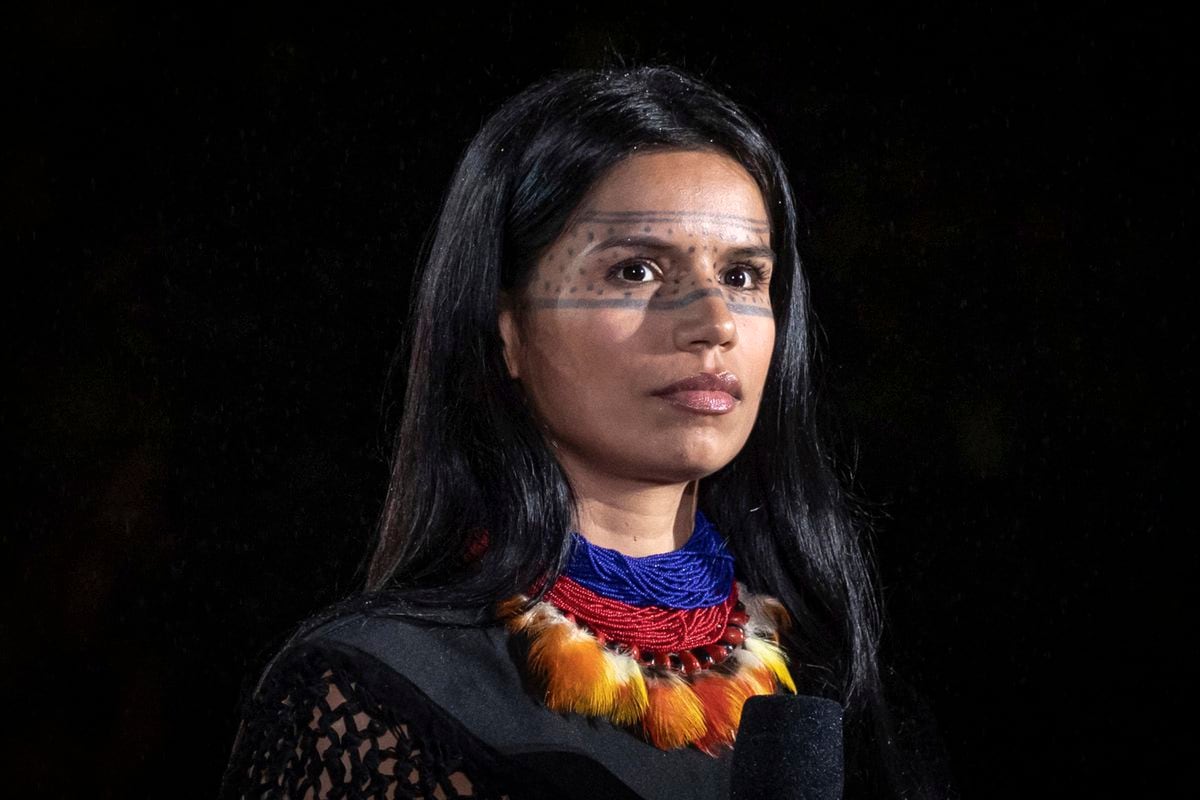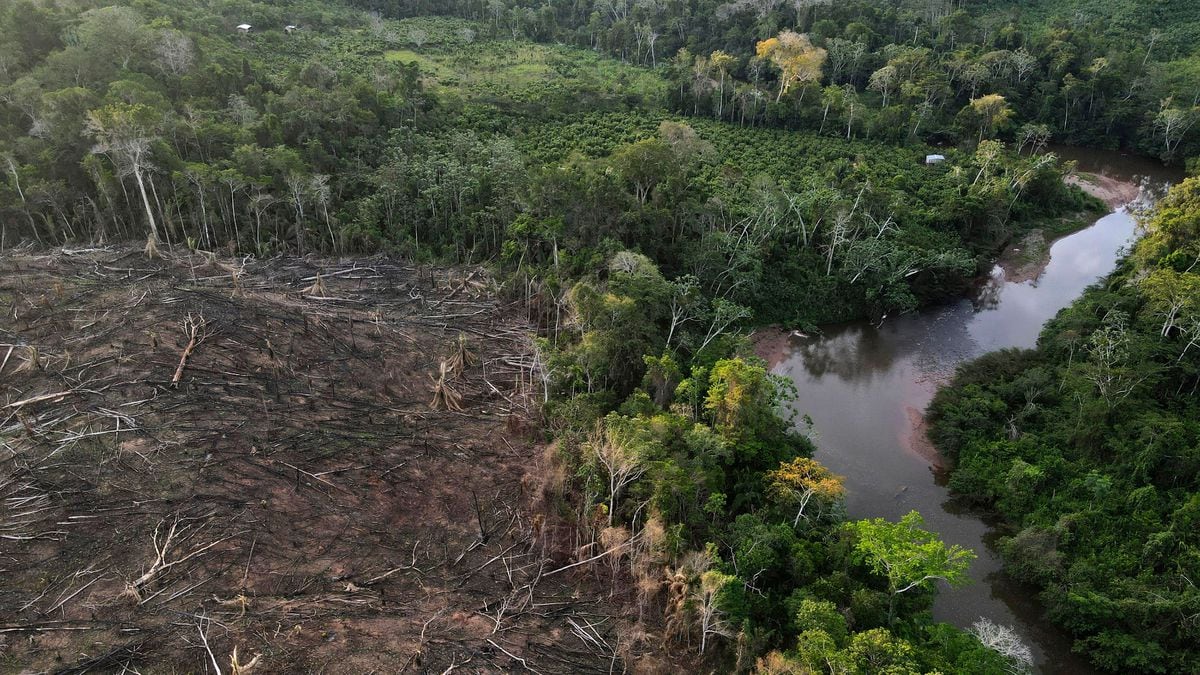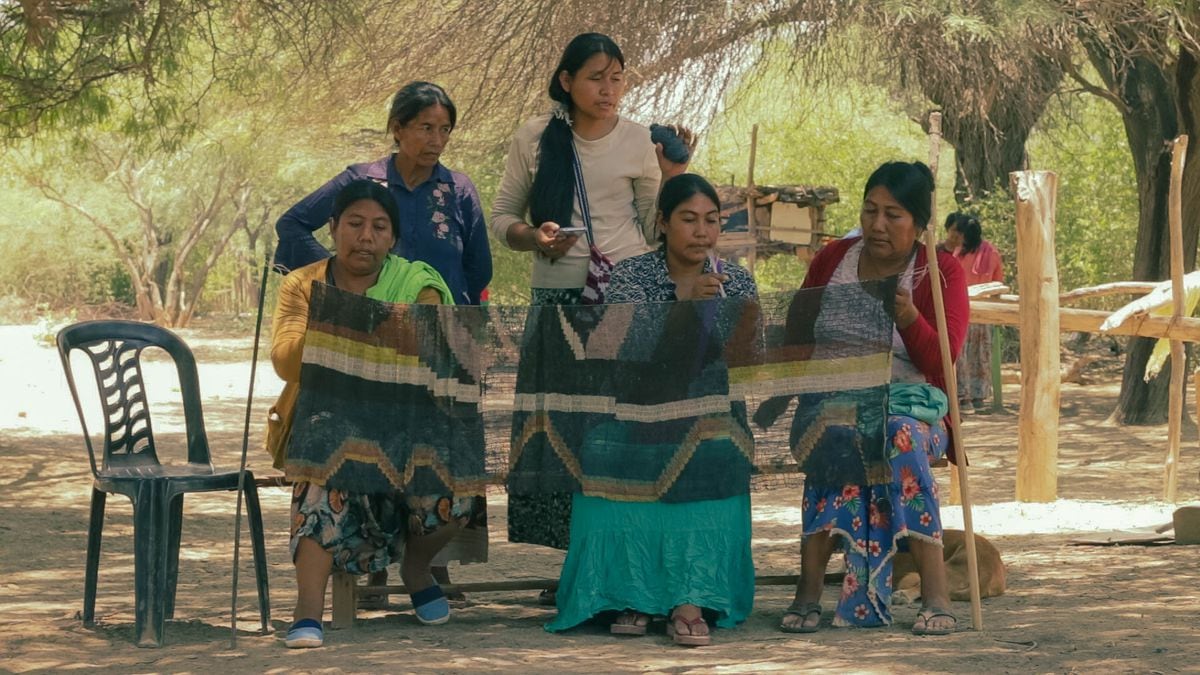"O jungle, wife of silence, mother of loneliness and mist! What evil fairy left me prisoner in your green jail?" wrote José Eustasio Rivera, author of La vorágine, a classic of Colombian literature, in 1924. Almost a century later his words came alive with the story of four children who were lost for 40 days in the jungle of Guaviare. His disappearance revived fears installed by a narrative in which the Amazon is seen as a green hell or a death trap.
Despite being three children of 4, 9 and 13 years old, in charge of a baby who completed his first year of life in the mountains, they seemed to advance faster than the Armed Forces, escaping from their hands. Encouraged by some findings — a used baby diaper, a bottle, half-bitten fruit, half-assembled hoods and a footprint that could be from the older sister — authorities did everything in their power to rescue them on Friday. The commander in charge of the search, Pedro Sánchez, said several days before that they had indications that indicated that they were 100 meters from them. However, because of the thickness of the jungle, they could not see them.
In this field, uncomfortable for the rationality of the white man, the indigenous world offers multiple explanations. "They were not alone there," says Alex Rufino, a Ticuna Indian, guide and jungle survival expert. According to their worldview, when a person gets lost in the jungle he is "accompanied by other spiritualities, other beings." In the Apaporis – where the plane that was found 16 days after the accident fell, with the bodies of three adults, including that of the children's mother – "there is a very strong spiritual theme," he says. "That's where all the uncontacted communities or groups are concentrated, which have all the spiritual and territorial management."
Many times, when someone gets lost in such deep areas, they find an uncontacted community, who "are human, like us (...) generally peaceful people, not as they are portrayed in the movies"; "They take them in, they adopt them in some way." And then, knowing them safe, "through their knowledge they try to send out a kind of disease, so that those who are behind, following them, cannot arrive quickly." Both the indigenous communities and the Armed Forces thought most of the time that the children had encountered a community; They knew they were moving through a region inhabited by the last nomadic tribes.
As an interpreter between the white and indigenous worlds —he moves between the jungle and the city, studied Business Administration and researches issues related to indigenous communities at the National University of Colombia in the Amazon, especially environmental issues on the border with Brazil—, Alex is aware that for someone who does not know these cultures "it is a bit complex to understand the whole panorama that revolves around searches." But he explains that for them the Amazon is not only the largest tropical forest in the world, nor its lung, or an inaccessible tangle of trees and wild beasts – although there are also – but a territory they share with "spirits that live there, mothers of that place (...) They take great care of people." That's why he always believed that the children were still alive.
"Getting lost" in the jungle, in any case, is something frequent among the communities that live within its limits. Although there are no official statistics, Alex comments that "every day you hear stories of people getting lost. Usually hunters, people who go and collect fruits, or simply go in search of new territories and go to very remote places." Many return 10, 15 or 20 years later. "Most appear to be wise, knowledgeable and shamans, because they end up studying for years with them, and they are the ones who come to heal, cure and protect from diseases. That's in the best-case scenario: there are people who never arrive, who never show up, and finally stay with them."
In his community, San Pedro de los Lagos, near Leticia, less dense and rainy than the Apaporis, "after a week you stop looking." If someone does not appear, "the jungle itself is saying: we already have it. You can come back and it's going to be fine here. Sure, it's very painful for the families, but in our specific case — his father and brother are also experts in jungle rescue — it's time to rethink the situation."
The search under the indigenous conception is much more silent than that of the Army. "In the jungle you can't make noise (noise)," warns Rufino, something that went against military actions. The Armed Forces had erected a kind of lighthouse with permanent light, with speakers that emitted messages from his grandmother, who in her language told the children to remain still. They searched for them by heaven and earth. From the air, with two blackhawk helicopters and nine aircraft with thermal, photographic and satellite detection capabilities, Sánchez explained in an interview with EL PAÍS. They threw flares, 10,000 flyers in the indigenous language and food kits, some of which were consumed and stoked hope, a sentiment that gave the military operation its title.
On land, 184 people (112 from the Armed Forces and 72 indigenous people) walked more than 1,400 kilometers. "The distance between Madrid and Paris," explained Commander Sanchez. His men had the order not to separate more than twenty meters from each other, to avoid the risk of the same thing happening to them as to the protagonist of The Maelstrom: disappear without a trace. Many withdrew because they fell ill.
Getting lost or merging with trees
Indigenous communities, on the other hand, consider that the best thing "is to go with a grandfather who knows the territory, who has a strong connection," explains Rufino. In our case, for example, we are ticunas, "from the connection of tobacco". It is about "learning a little to dialogue, because here it is not going there to shout and invade the territories of these people and beings, but we must learn to reach agreements: why we need them, why we want them to return, and in that way we can get them to leave them in a place". Otherwise, "they're not going to see them. These things do not allow the person to be seen. It blends in with the jungle."
Alex can understand what the children felt: an initial distress that recedes into instinct; "You just think about what you're going to find and what's going to follow." He knows this because he was lost when he was 14, almost the same as Lesly Jacobombaire Mucutuy, the older sister. "I was away for a week, and for me there were many days where I learned a lot because I was already with some people who in the end I never knew who they are. I know they exist, I know they are there, but today I can visit those places and I know each tree very well, what it is for, what its uses are."
To recover it, his relatives, from traditional knowledge, sent only one person. "And after a week they went to the exact place I needed to be, and there I was just sitting. I only saw that a man was coming behind him, and that was the one who took me home."
Although in the jungle no one ever gets lost. This concept has no place within the indigenous worldview; Nor that of death. "It's about planting," explains Alex — or Męchiîkû, his name in Ticuna. From their culture, when someone dies it is thought that their remains are going to become a tree. "Our wisdoms focus on trees. The largest trees are our ancestors. So it's not that we get lost in an unknown place, but in the end we are with our grandparents."
Subscribe here to the newsletter of EL PAÍS about Colombia and receive all the informative keys of the current situation of the country.

/cloudfront-eu-central-1.images.arcpublishing.com/prisa/5HTF36BPIBAXVCYWA2LSINLNUA.jpg)

/cloudfront-eu-central-1.images.arcpublishing.com/prisa/5BXUKKEUHRB45CXJXXPGMWBHYM.jpg)



/cloudfront-eu-central-1.images.arcpublishing.com/prisa/C2F5X5KAI5GZ5BA5ZW4TEK3GFQ.jpg)







